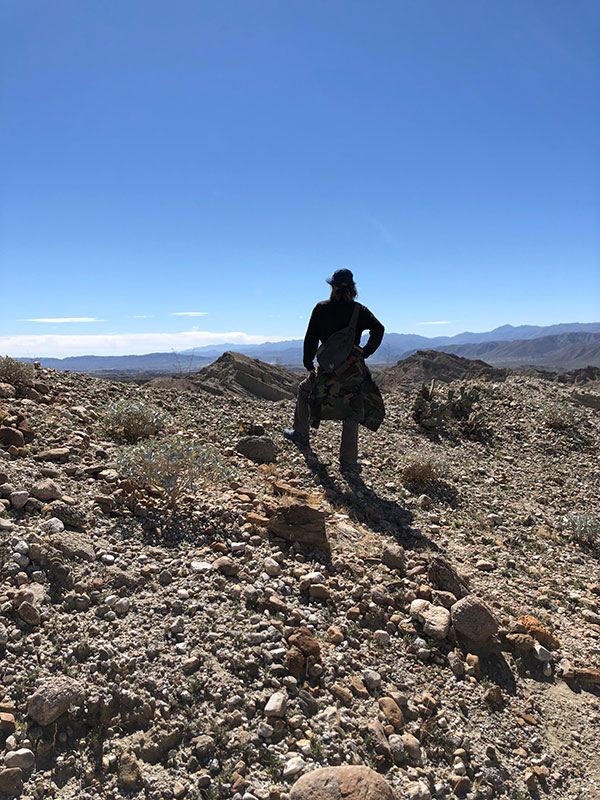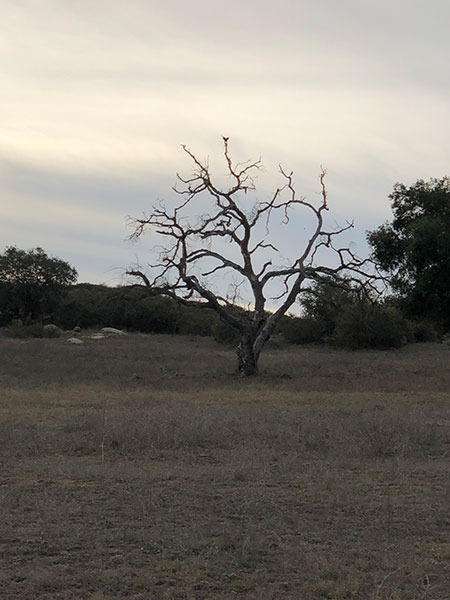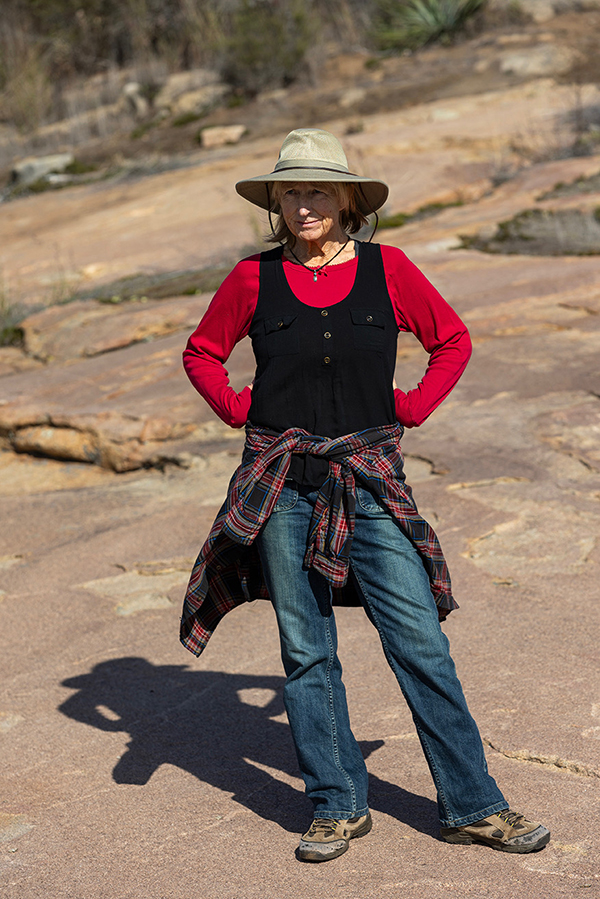When I had the dance studio, we included all the students in story ballets—regardless of the dance genre. I felt that this helped to foster a sense of inclusion in the entire community of dancers and gymnasts. Typical recitals bring each class on stage separately, where they perform ‘their number’ and then off they go. We also, purposely, did not enter competitions or promote competitiveness or give prizes. The reward was in the getting to do it. The joys, the sorrows, the passion of movement and musicality has always added to the richness of life itself.
So, what happened to our village concept—when we all would pull together for the greater good? Yes, sometimes our feelings get hurt, but is our momentary sensitivity worth blowing off everyone else? It might seem like it at the time—until we pull back and look at the bigger picture. All too often we act before pausing to take a breath, and therefore mess things up not only for individuals and businesses, but for a whole community. Unchecked jealousy and greed can spread like poison.
The squeaky wheel gets the grease… for better or worse. Sometimes we act through a sense of entitlement or our own personal concept of fairness, but again, pausing and acting through compassion can benefit all of us, instead of only ourselves. I think I owe it to the whole, as well as to myself, to slow down and act for the greater good—to enrich my community, not knock others down to build myself up.
I did hear, though, that there is good news on the horizon.
Spring is in the air, if not quite on the calendar, bringing with it fragrant lilacs, green hills, prolific birdsong, and running water. We are so fortunate to live in this beautiful place, to hike the lush ravines, sip wine at our wonderful wineries, peruse the antique shops along Main Street, buy fresh produce from the local farmstands, get together with friends and enjoy the warm sunshine… It’s so easy to get caught up and entrenched in our own routines that we lose sight of all this beauty right in front of us. I’m as guilty as anyone. So, I’m reminding myself, and each one of you, to pause and take an extra deep breath… and SMILE.
Chi Varnado has published six books including fiction, nonfiction and children’s books. They are available on www.amazon.com. Her collection of essays, Quail Mutterings, can be found on www.chivarnado.com or www.dancecentrepresents.com.



